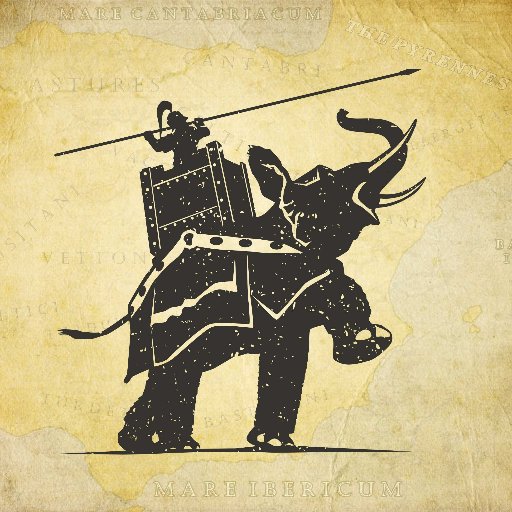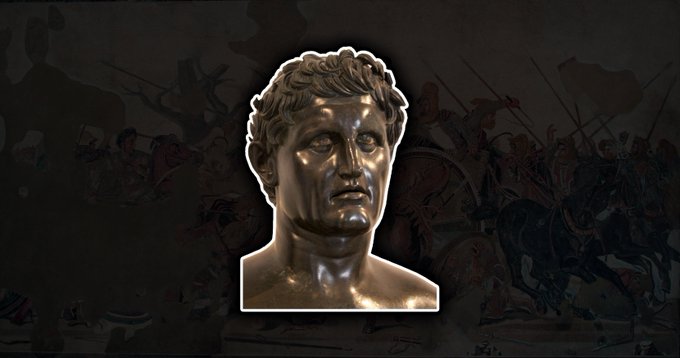Several cases of 1 on 1, general vs general combat are reported in the aftermath of Alexander the Great's death: Eumenes vs Neoptolemus, Lysimachus vs Seleucus and Pyrrhus vs Pantauchus.
By 323 BC the number of Asian battalions in Alexander the Great's army far outnumbered the Macedonian contingents in size and strength. Among them were some of the finest cavalrymen in the whole of Asia, hailing from noble Oriental families
Artwork by © Johnny Shumate.
Although events had led him to create a great Asian empire, Seleucus had always harboured ambitions for control in the West. Having his capital at Antioch, on the farthest west point of his great domain, was no coincidence.
Despite making no attempt to seize power following King Philip II's demise, Amyntas, Alexander the Great's cousin, was swiftly executed by Alexander, perceiving him a threat.
The satrapy of Hellespontine Phrygia. This region was of vital, strategic importance as it controlled the Hellespont (Dardanelles) - the gateway between Europe and Asia
In 276 BC the Hellenistic king Pyrrhus famously remarked upon departing Sicily, 'Oh what a wrestling ground we are leaving for the Carthaginians and Romans to fight over.' He was proved right when, 12 years later, the First Punic War erupted.
Artwork by © Johnny Shumate.
The satrapy of Hellespontine Phrygia. This region was of vital, strategic importance as it controlled the Hellespont (Dardanelles), the gateway between Europe and Asia
Each Macedonian soldier of Philip II would have to carry arms and armour, rations, utensils, blankets, road-building tools, medical supplies, a thirty-day supply of flour and any personal possessions in a backpack. Altogether this weighed c.40kg
Artwork by © Johnny Shumate
In 276 BC the Hellenistic king Pyrrhus famously remarked upon departing Sicily, 'Oh what a wrestling ground we are leaving for the Carthaginians and Romans to fight over.' He was proved right when, 12 years later, the First Punic War erupted
Artwork by © Johnny Shumate
While he was marching the 10,000 out of Asia some 50 years before, Xenophon had decided to burn his wagons to lighten his army's load. This greatly increased the speed and mobility of his force and was vital to the success of his march to the sea
Artwork by © Johnny Shumate.











